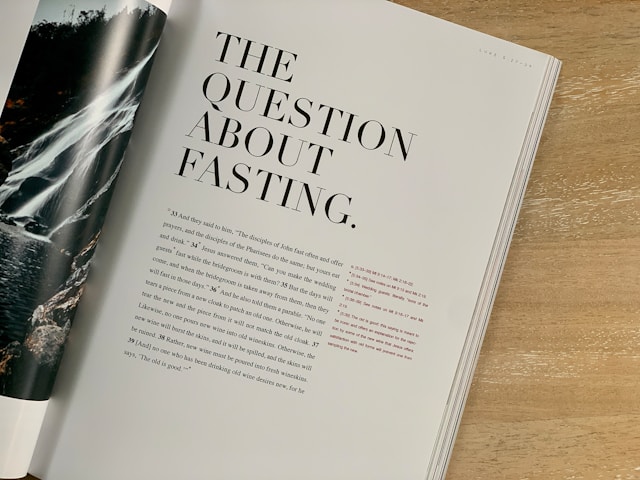Intermittent fasting (IF) is a way of eating that’s been getting a lot of attention lately. It used to be something people did for religious reasons, but now it’s known for possibly helping you live longer and stay healthier. Big names like Rishi Sunak and Elon Musk are trying it out, and you might see it all over social media, too. There are even apps to help you keep track of your fasting times.
One of the first kinds of IF that got popular was the 5:2 diet. This diet was talked about a lot by Michael Mosley in 2012. On this diet, you eat very few calories on two days of the week and eat normally the rest of the time. Now, there’s a simpler way called time-restricted eating. This means you fast for at least 12 hours a day. For example, you might stop eating after dinner and not eat again until lunch the next day.
People think IF might be good for us because long ago, before we had food all the time, humans naturally went through times without eating. This might have helped our bodies work better.
Can Intermittent Fasting Really Be Life-Changing?
Some experts really believe in IF. Valter Longo, a scientist, has found that fasting could help fight diseases like diabetes and even make cancer treatments work better. Ioannis Nezis, another expert, says fasting is great because it helps clean out damaged stuff inside your cells.
But not everyone is totally sold. Aisling Pigott, a dietitian, thinks IF is interesting but not a miracle cure. It’s another way to eat less food, but it might not work for everyone. Some people have a hard time with diets or changing how they eat, so fasting could be tough for them.
So, is intermittent fasting a good idea for you? It might be worth a try, but it’s important to think about your own health and what makes you feel good.
Want to know more about intermittent fasting and see if it’s the right fit for you? Read the full article here.

